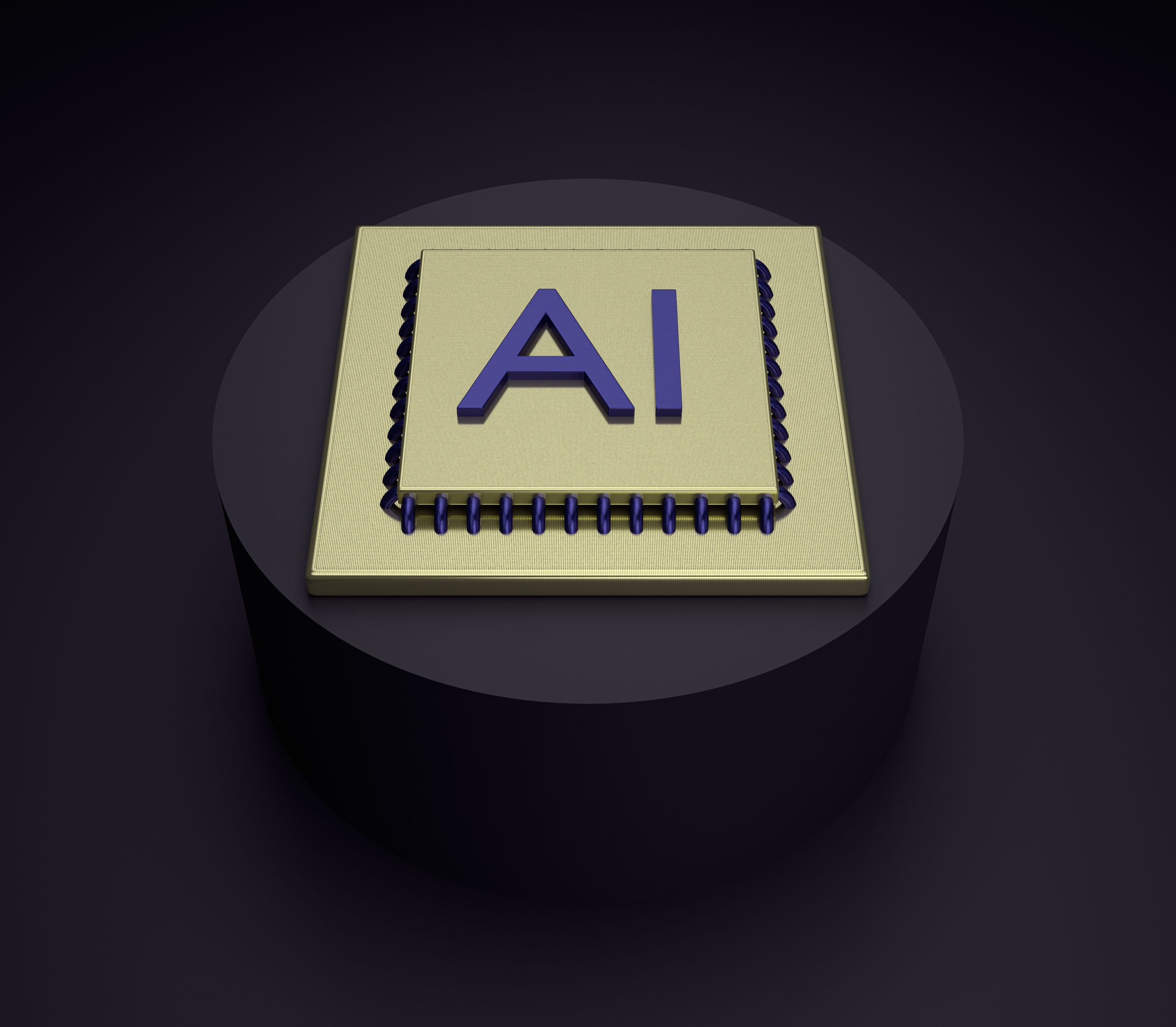Artificial intelligence (AI) has become the hot topic of 2023 – which is a surprise given the term was first coined all the way back in 1956. When most of us think about AI, no doubt movies like 2004’s I, Robot come to mind, with unsettling scenes of a robot-takeover. While it’s anyone’s guess if our futures will be ruled by sentient machines, the impact of AI is firmly here already – and whether you know it or not, you’ve almost certainly used it, at home and at work. Ever used spell check? Or used Google Maps to take you to a meeting? Then you’ve used AI.
Nearly 70 years after its naissance, AI has developed into a much more significant proposition: generative AI. This technology is capable of generating text, images, or other media, using generative models. Generative AI models learn the patterns and structure of their input training data and then generate new data that has similar characteristics.
A new threat?
And there is increasing alarm that generative AI is changing the workplace – and with it, it actually could take our jobs. Unlike automation which has taken jobs as wide ranging as factory workers to supermarket checkout operators, AI’s target is distinctly white-collar: journalists, lawyers, copywriters and screenwriters have all been identified as possible professions ripe for an AI overhaul. In fact, investment bank Goldman Sachs recently warned that AI could replace the equivalent of 300 million full-time jobs.
Happily, alongside the alarm, there is to be found considerable support for how AI could change the workplace for the better.
What this means for employees
For employees themselves, much of the focus is on how AI can take away the bulk of data entry, research and coding – freeing up employees to focus on the more rewarding, higher-value work that makes them feel fulfilled. The productivity of AI may boost our workplaces, which will benefit people by enabling them to do more (and better) work. As the future of AI replaces tedious or dangerous tasks, the human workforce is liberated to focus on tasks which tap into our emotional humanity, such as those requiring creativity and empathy. As more and more of the mundane tasks people are required to do in the name of productivity become automated using AI, people will be free to do what we all do best and what makes us happiest: creative problem-solving, giving us all more rewarding jobs.
Amid the fears about a robot takeover, one point is often overlooked: that it is us humans who are needed to help these machines function. In many cases, AI will rely on human backup in complex situations, and to provide human empathy when it is needed. Also, despite the misconception that automation and AI decreases career opportunities, it may actually prompt a huge spike in new jobs. According to the World Economic Forum Future of Jobs Report, 97 million new jobs will be created by 2025 due to AI – far more than the number of jobs AI may replace.
What this means for employers
For business themselves, with a multitude of diverse and expanding use cases, AI has emerged as a powerful tool for achieving enterprise-wide transformation. Deploying AI at scale enables organisations to streamline operations, enhance decision-making, and swiftly adapt to changes. By embracing AI across the enterprise, businesses can maximise efficiency and drive sustainable growth – particularly in an economy as challenging as the one many countries around the world are currently battling.
However, organisations need to balance the transformative power of AI with the protection of sensitive information. Some businesses have already banned the use of AI-powered chatbots by their employees amid concerns about sensitive internal information being leaked on such platforms.
The AI trade off
As generative artificial intelligence grows in significance, large corporations are making some tough decisions around whether the increased efficiency it offers outweighs possible copyright and security risks. Some companies have already put in place internal bans on generative AI tools as they work to better understand the technology; others, meanwhile, have already begun to introduce the tech to employees in their own ways.
Despite some concerns, many workplaces have begun to integrate generative AI tools into their workflow. By adhering to ethical practices and incorporating robust data security measures, organisations can leverage AI’s potential while safeguarding valuable data.
One truth remains: while AI certainly presents challenges to be navigated, there is no stopping it. As the AI technology evolves, it is us humans who need to be careful to monitor and regulate its progress – for the sake of us all.









